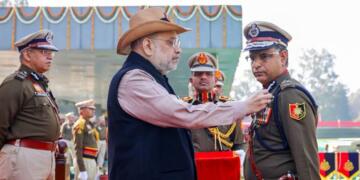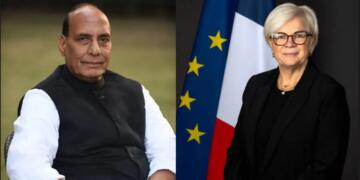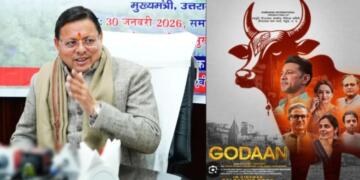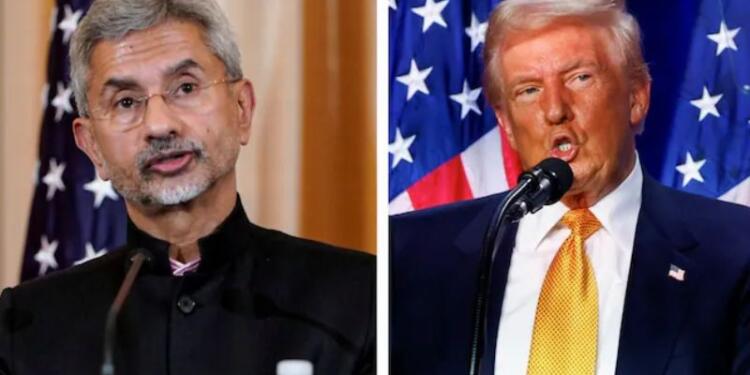After recent threats of US President-elect Donald Trump warning to impose 100 percent tariffs on BRICS countries if they plan de-dollarisation, External Affairs Minister Dr S Jaishankar said that BRICS countries do not intend to do that and India has never been for de-dollarisation.
He also said that BRICS countries do not have a consensus on the issue. While speaking at the Doha Forum in Qatar, Jaishankar said, “I am not exactly sure what was the trigger for it but we’ve always said that India has never been for de-dollarisation. Right now, there is no proposal to have a BRICS currency.”
At the Doha Forum, EAM Dr. S. Jaishankar stated that India has never supported de-dollarization and there is no proposal for a BRICS currency. We have no interest in weakening the dollar.#DohaForum | #Doha pic.twitter.com/FXKHbQTCEa
— The Frustrated Indian (@FrustIndian) December 7, 2024
What MEA said is actually true in the sense that India is not planning de-dollarisation or is not against any currency for that matter. All that matters to India is to sort out technical and logistical restrictions that hurt its interests in global trade.
Before Trump’s statement, Jaishankar had once explained India’s stance on the issue and how it faces hurdles in global trade.
In an event, he had once said, “I think you have us confused for someone else because we have never actively targeted the dollar. That’s not part of either our economic policy or our political or strategic policy. Some others may have.”
“What I will tell you is a natural concern there. We often have trade partners who do not have dollars to take. So, we now have to look at whether we forgo dealings with them or do we find some settlement which works otherwise. So, there’s no, I can say malicious intent vis-a-vis the dollar in business. WE are trying to do our business,” he added.
So basically, when there are countries with whom India trades and because of multiple reasons ranging from sanctions to others if India can’t trade in Dollars, it can not give up its trade relations just to appease the United States. And that’s why there is a need to devise an alternative for such situations.
Besides, if any country is facing restrictions in dollar trade, it’s because of US policies and decision-making that do not consider any country. By the principles of free and fair conduction of international trade, India, like any other country, has the right to devise an alternative for special cases.
This was resonated by Jaishankar during the same event. He had said, “Sometimes you make it difficult in the use of dollars. We have some trade partners with whom trade in dollars becomes difficult because of your policies. We have to obviously look for workarounds. But for us, as we spoke about rebalancing, we spoke about multiple obviously all of this is also going to reflect on currencies and economic needs.”
Role of BRICS can’t be underplayed
With due consideration, India needs an alternative but not de-dollarisation because of another reason. BRICS currency, if it comes into existence, will give an advantage to the Chinese Yuan over the US Dollar and such a new system could see domination by Beijing. So, for India, de-dollarisation does not even fulfil its necessities.
Therefore, New Delhi is categorically clear on that matter that it does not want de-dollarisation but wants to navigate the possibilities of alternative mediums of trade to secure and fortify its economic neutrality and freedom.
For the US, Donald Trump needs to reassess his past term to kickstart his [policies for the second term. His ultra-overt policies made short-term dents on US citizens which led to his ouster. He must refrain from over vocal stand on issues that are strategically and economically important.
The pace at which the BRICS is expanding, despite being the only major grouping without the US, if they make a consensus on a single currency, the US sanctions would do less to benefit the interests of America.
The scope of BRICS is far more, in terms of market and population than the west-dominated trade groupings. Besides, the grouping includes some very promising member countries that even the US could not bypass or ignore.




























